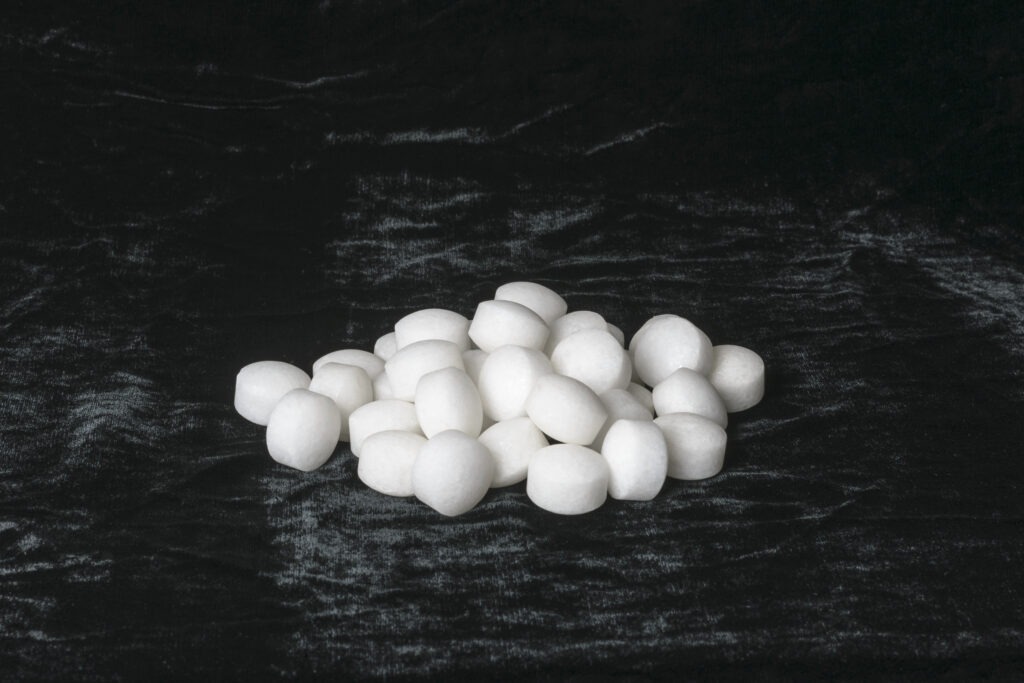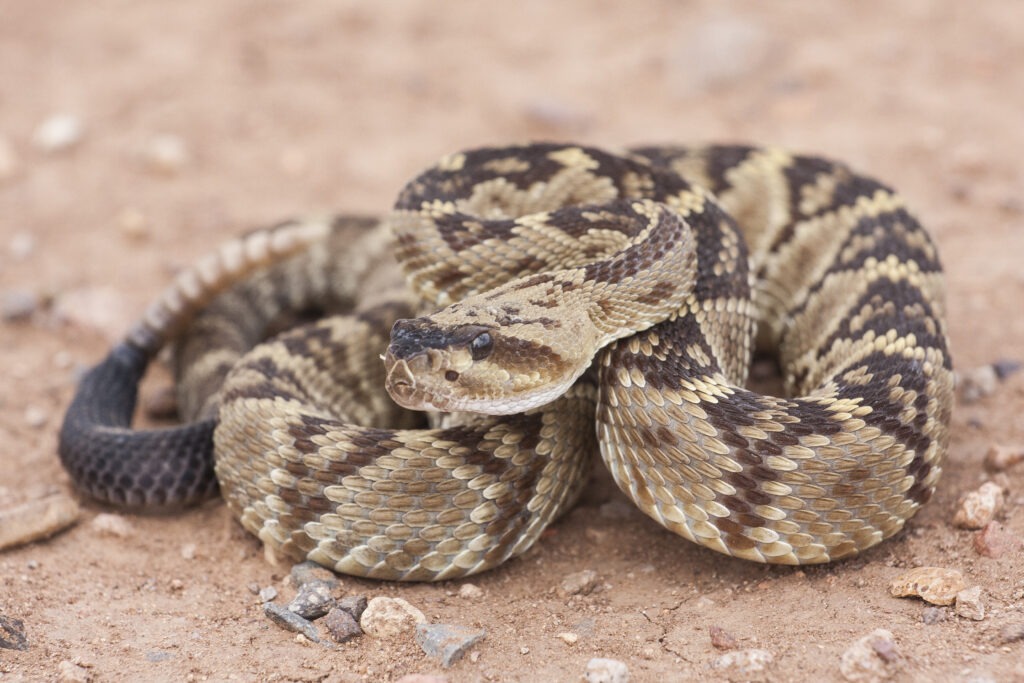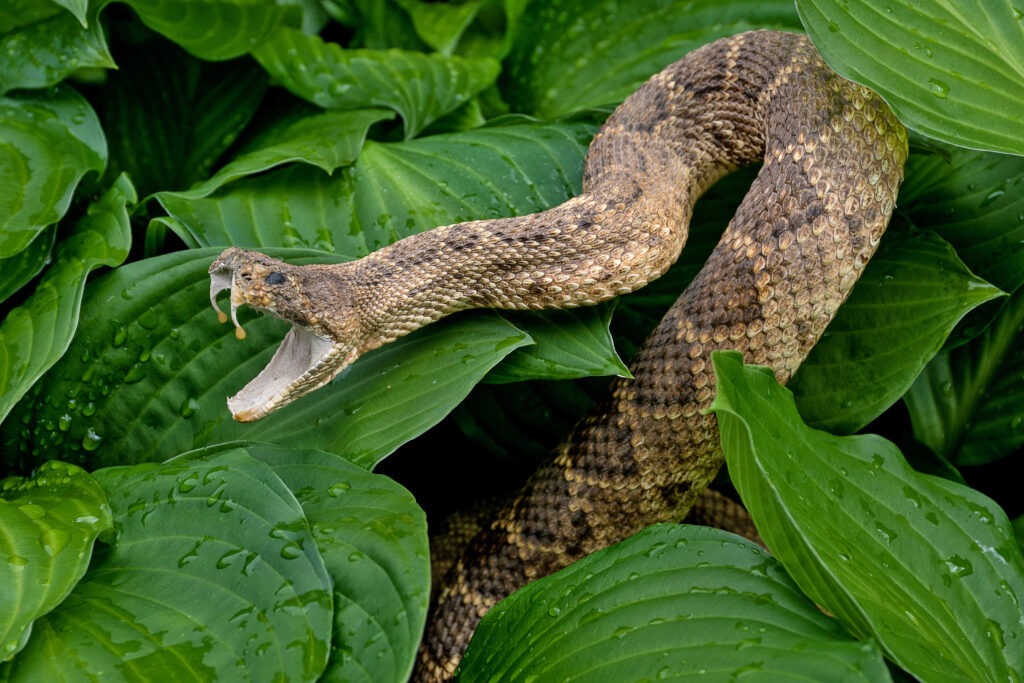
Rattlesnakes are quite possibly one of the least desirable pests you could find on your property. They can be tough to spot and they have deadly venom. If you haven’t seen one yet, the best thing to do is to keep them from getting there in the first place. But do mothballs repel rattlesnakes?
I’ve tried it and learned that:
Despite the urban myth, mothballs do not repel rattlesnakes. Rattlesnakes are vulnerable to certain smells and chemicals, but mothballs are not included. In fact, mothballs could actually pose a larger risk to you. If ingested, mothballs can be toxic.
Mothballs may not be an ideal solution, but there are plenty of other options for getting rid of snakes. But why did this urban legend start? And are there some household items that do actually work?
Let’s answer all the top questions.
What Are the Best Rattlesnake Deterrents?
As mentioned before, mothballs are out.
There are two typical types of mothballs, one made with naphthalene and one made with paradichlorobenzene. Both of these chemicals can severely impact your head, lungs, heart, and blood.
If left untreated, it can cause severe damage to the liver and kidneys and possibly even result in death.
Poison control used to get more calls from people who had inhaled fumes while trying to use mothballs as snake repellents than people who had actually been bitten. With that in mind, mothballs are the last thing you should turn to to get rid of snakes.
A few things you can use, however, include:
- Vinegar
- Clove oil
- Cinnamon oil
- Lime
- Peppermint
- Garlic
- Onions
- Salt
- Fox urine
Some people say you can use bleach and that is true, but it is not advisable.
Bleach probably will keep the snakes away, but it might be damaging to your plants or any other animals you have around your house (including pets, birds, etc.).
Pouring vinegar around the perimeter of your pond or swimming pool may possibly keep snakes at bay, especially when it is fresh. Because snakes have a strong sense of smell and can absorb liquids through their skin, they may avoid areas where strong-smelling vinegar has been applied.
However, if you happen to have fish in your pond, be careful with the amount of vinegar you use. Too much of it can harm or even kill your fish, and it can also kill plants and make soil unsuitable for some plants.
Clove oil and cinnamon oil are two particularly strong-scented oils that have been found to repel many types of snakes.
Spraying a combination of the two around your property will serve as a strong deterrent. If needed, you can also spray snakes directly with the scent, though you should exercise caution when doing so.
Snakes will often flee when sprayed, and you do not want them fleeing towards you. You can also use these two oils as a fumigant for any indoor areas that might be susceptible to snake habitation.
Garlic and onions are other options to consider.
Both contain sulfonic acid which is why people cry when they cut onions. The same chemical is extremely repellent to snakes.
Chop both up finely and mix them with rock salt before sprinkling along the perimeter of your property. Just make sure you don’t repel humans as well as snakes with that garlicky smell.
Another option some people like is powdered sulfur.
However, in my experience, chemical snake deterrents are notoriously unreliable. The only one I’ve found that actually works is using clove and cinnamon oil.
Keeping Rattlesnakes Away

Because snake repellents have mixed reviews on their effectiveness, it is more important to take preventative measures that stop rattlesnakes from coming into your yard in the first place.
One of the first things you should do is get rid of any rock piles, woodpiles, or debris piles sitting in your yard. Snakes will hide underneath any of those things for shade and shelter.
However, you should also exercise caution if and when removing any of these things.
Check carefully for snakes while doing so, because if you disturb a snake in its hiding place, it might startle the snake and provoke an attack.
Other places that snakes enjoy hiding are damp and dark, usually cracks or crevices. Regularly inspecting your property for holes or cracks will diminish the chance that snakes will find their way into your home.
If you have any stagnant water on your property get rid of that as soon as possible. Puddles, broken ventilation ducts or gutters, and leaky pipes are all attractants for snakes. Get those fixed as soon as you can!
If you have any other pests or vermin around your property, one of the best things you can do is get rid of them.
Rats, other small rodents (like moles and voles), frogs, and even some insects are ideal food for a snake, and having any of those things around will only make your home and yard more inviting.
If you happen to live in an area that is indigenous to foxes or raccoons, however, that will help. Both are natural predators to snakes along with turkeys, cats, guinea hens, pigs, and others.
What To Do if Bitten by a Rattlesnake

Hopefully, with the careful use of these tips, you will be able to avoid rattlesnake trouble altogether.
There is, however, still a chance that you may encounter a snake and have to deal with it accordingly. If you just happen to spot one and you are a safe distance away, call animal control immediately and let them deal with it.
Never get close to a rattlesnake unless it’s necessary.
If you encounter one and it rattles and hisses at you, stay calm. Stop right where you are and keep still for a moment or two. If the snake decides you are not a threat, it will probably just slither away without bothering you. However, if it continues to rattle or hiss, start moving backward very slowly.
If you manage to get away, call animal control.
If the snake bites you, try to act quickly. The obvious first thing to do is put a healthy distance between the snake and you. Once you’ve done that, move as little as possible. You can wrap a clean bandage around the wound, but not tightly. Letting it bleed some might help the venom to escape your system.
Above all, remain calm. Call 911 or poison control and they should be able to take care of you in no time.
Of course, I have to point out that I am not a doctor and I do not provide medical advice. I have years of experience in being around rattlesnakes, handling rattlesnakes, and removing them. But I have not been bitten, although I know people who have. You should not take my article as medical advice and if you need medical advice, and especially if you or someone you know has been bitten by a snake, you should immediately call 911 and seek out qualified medical assistance as quickly as possible.
